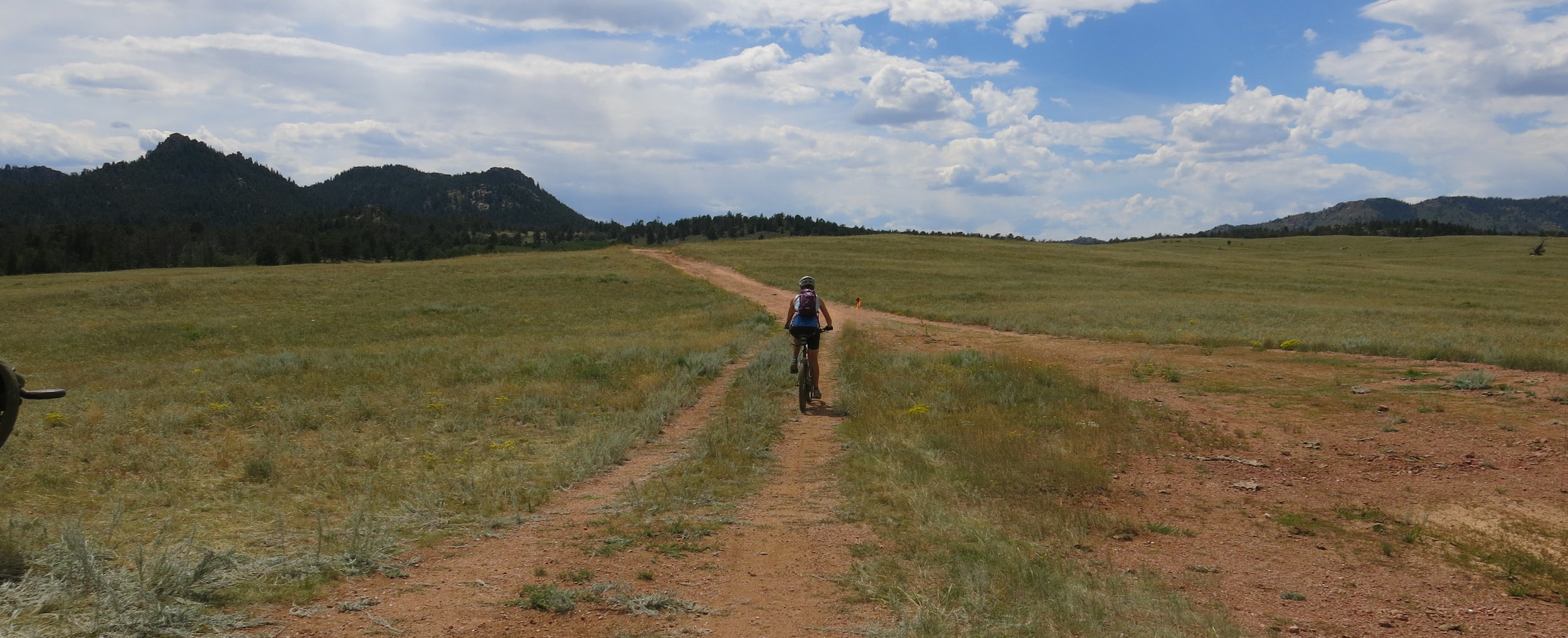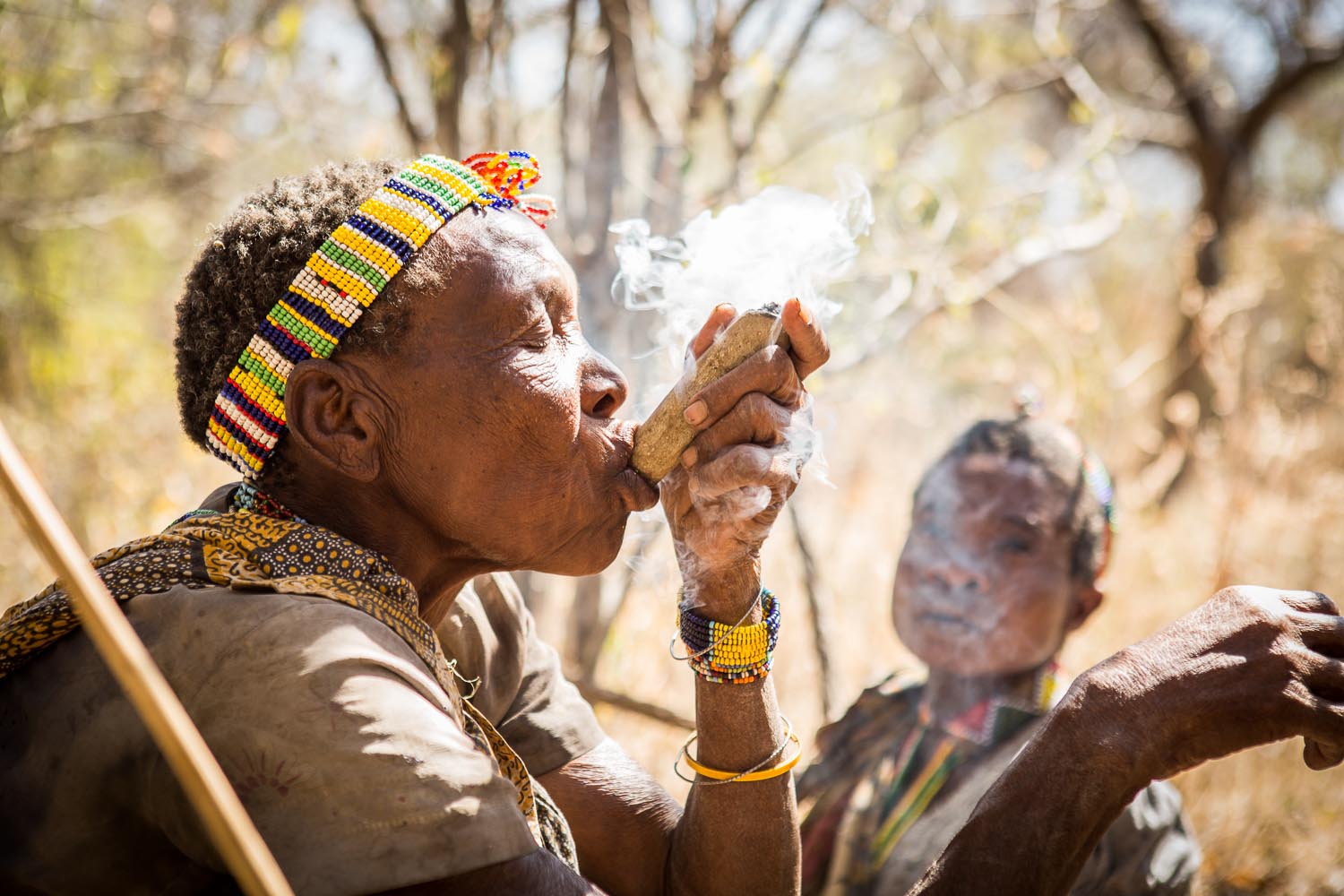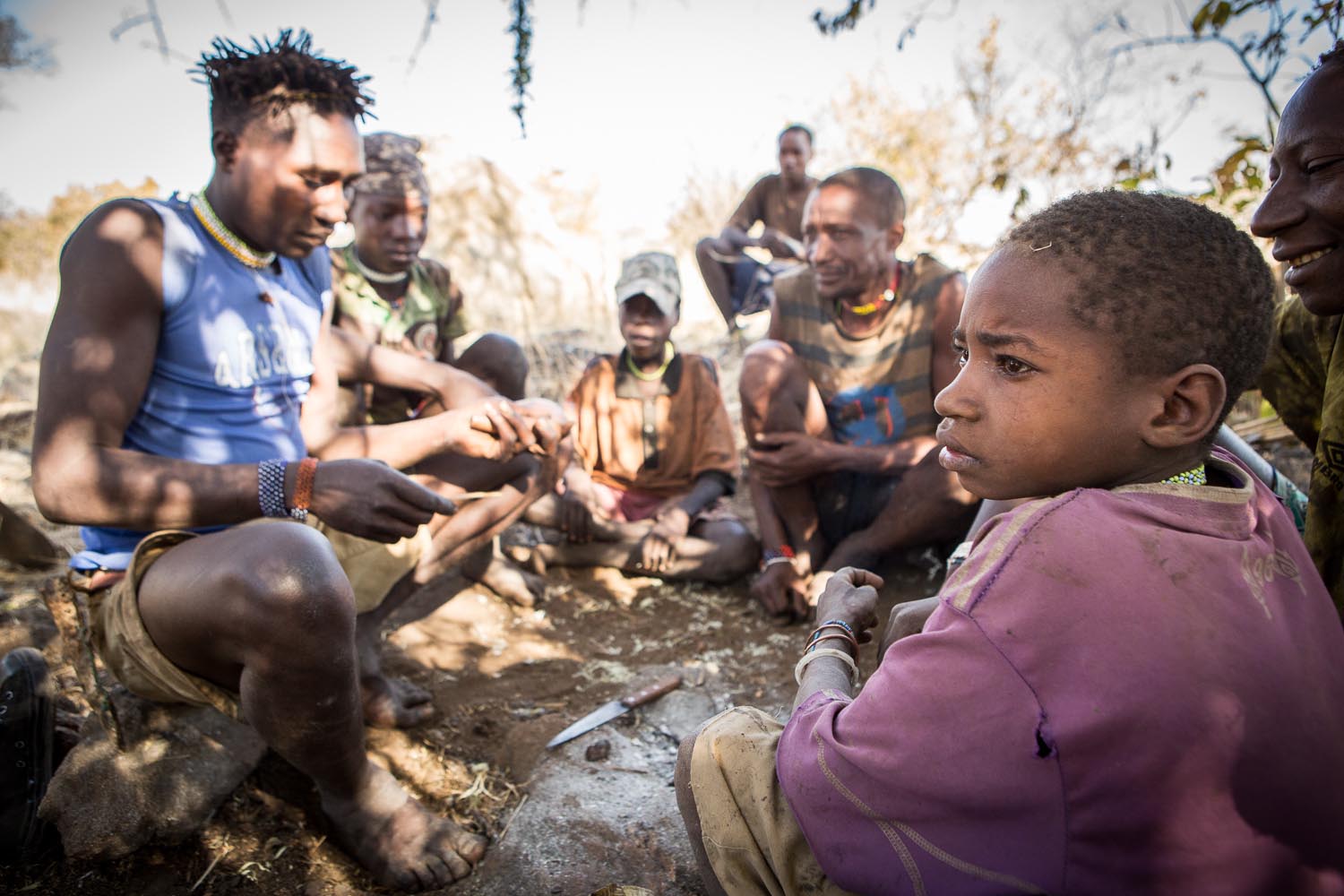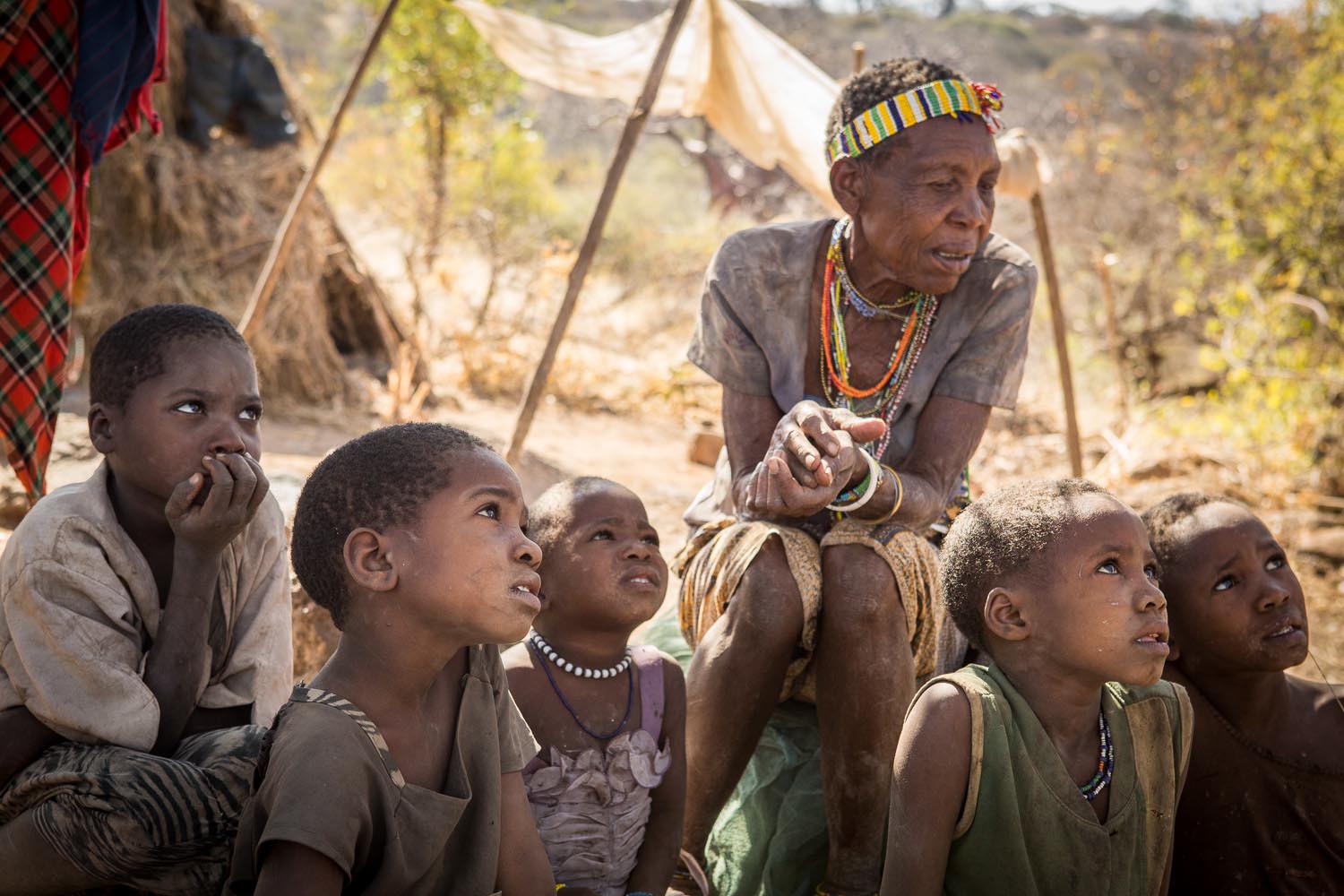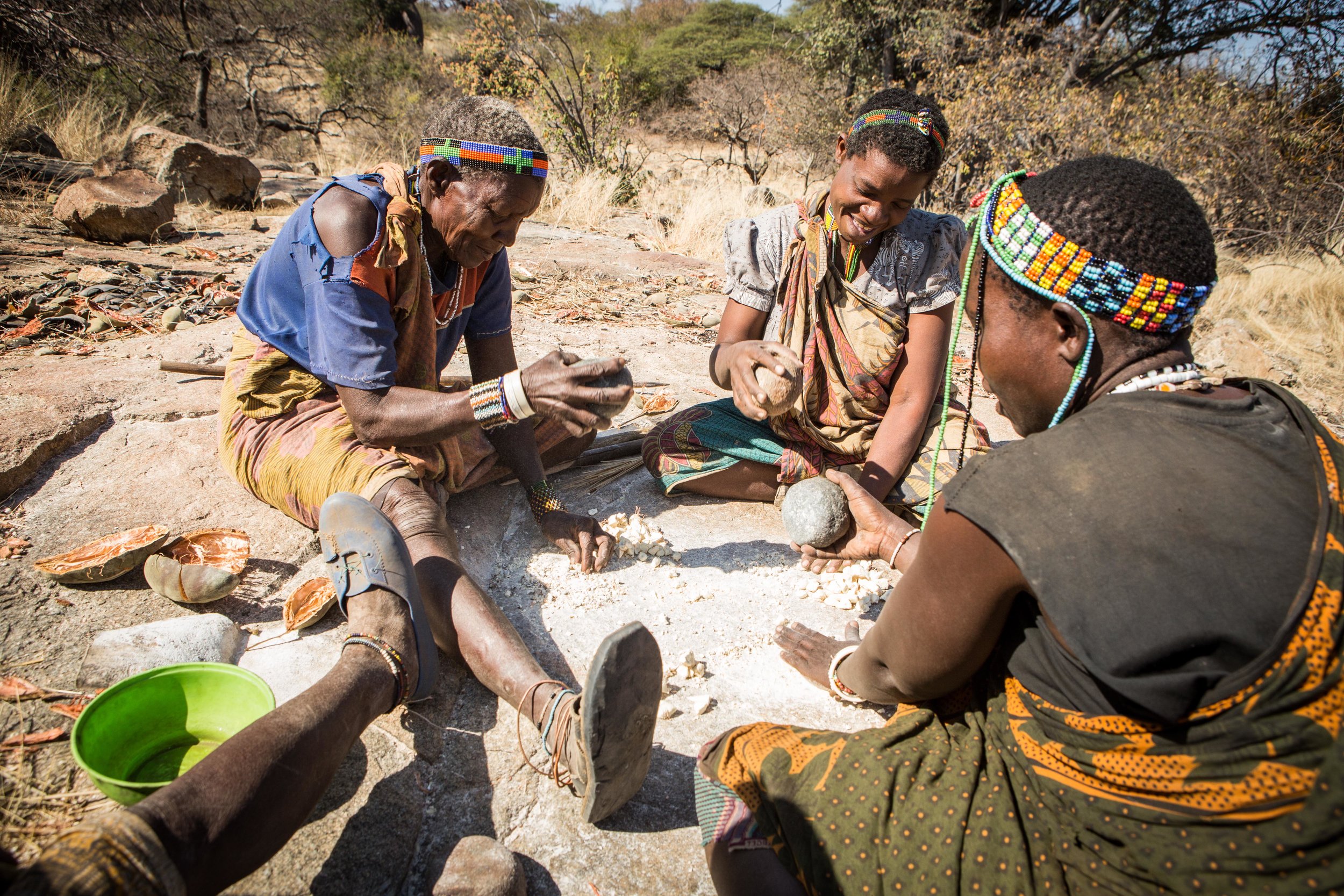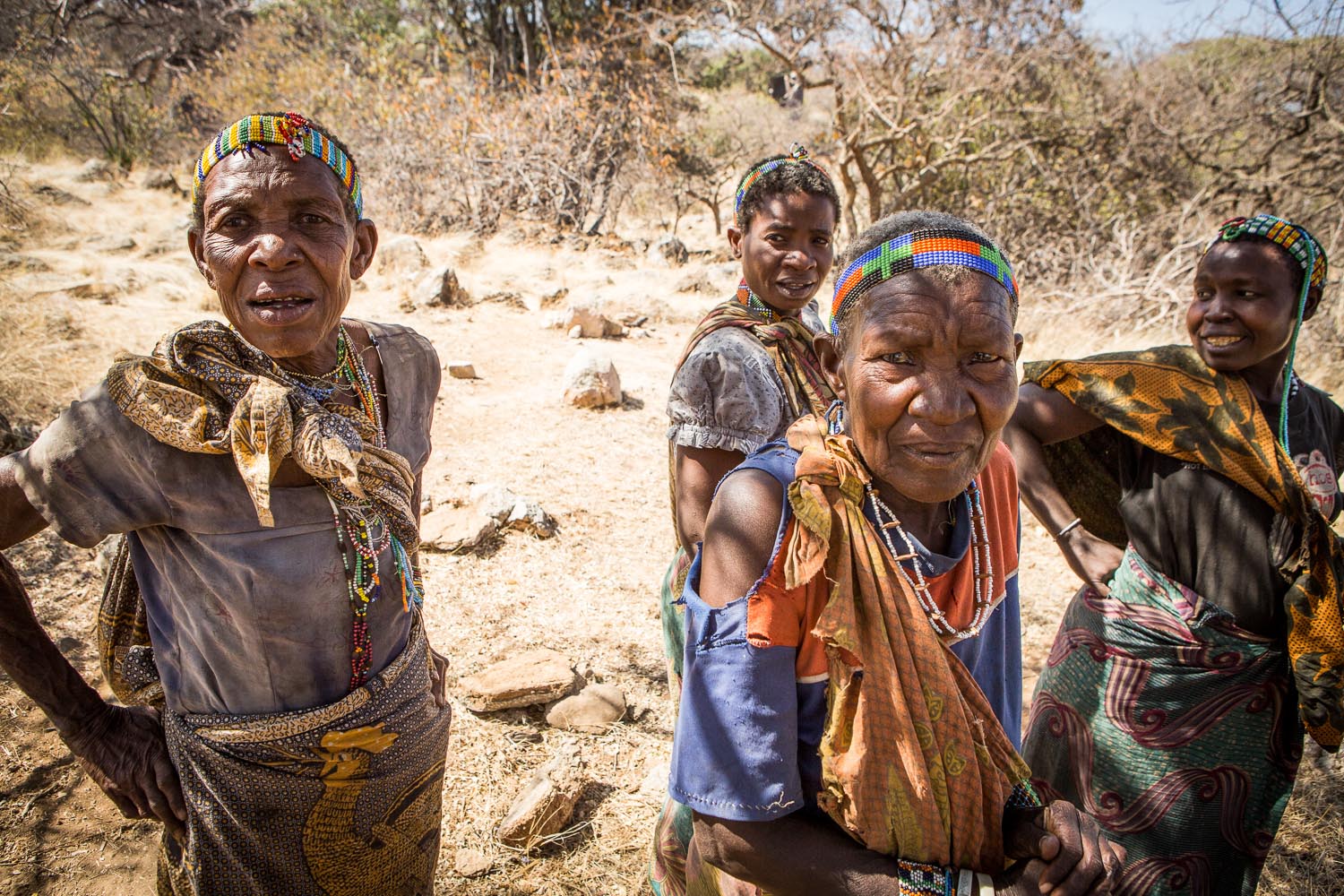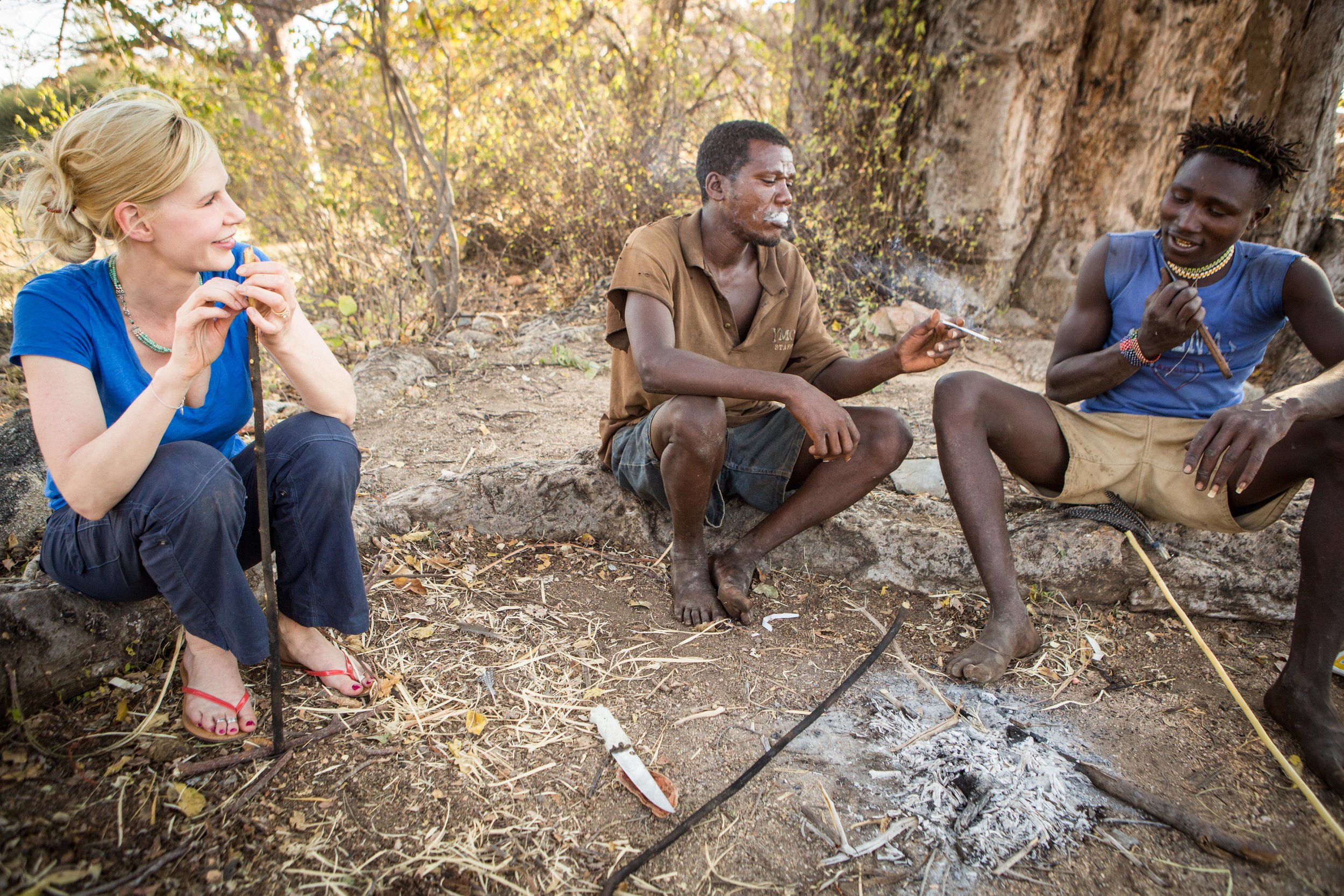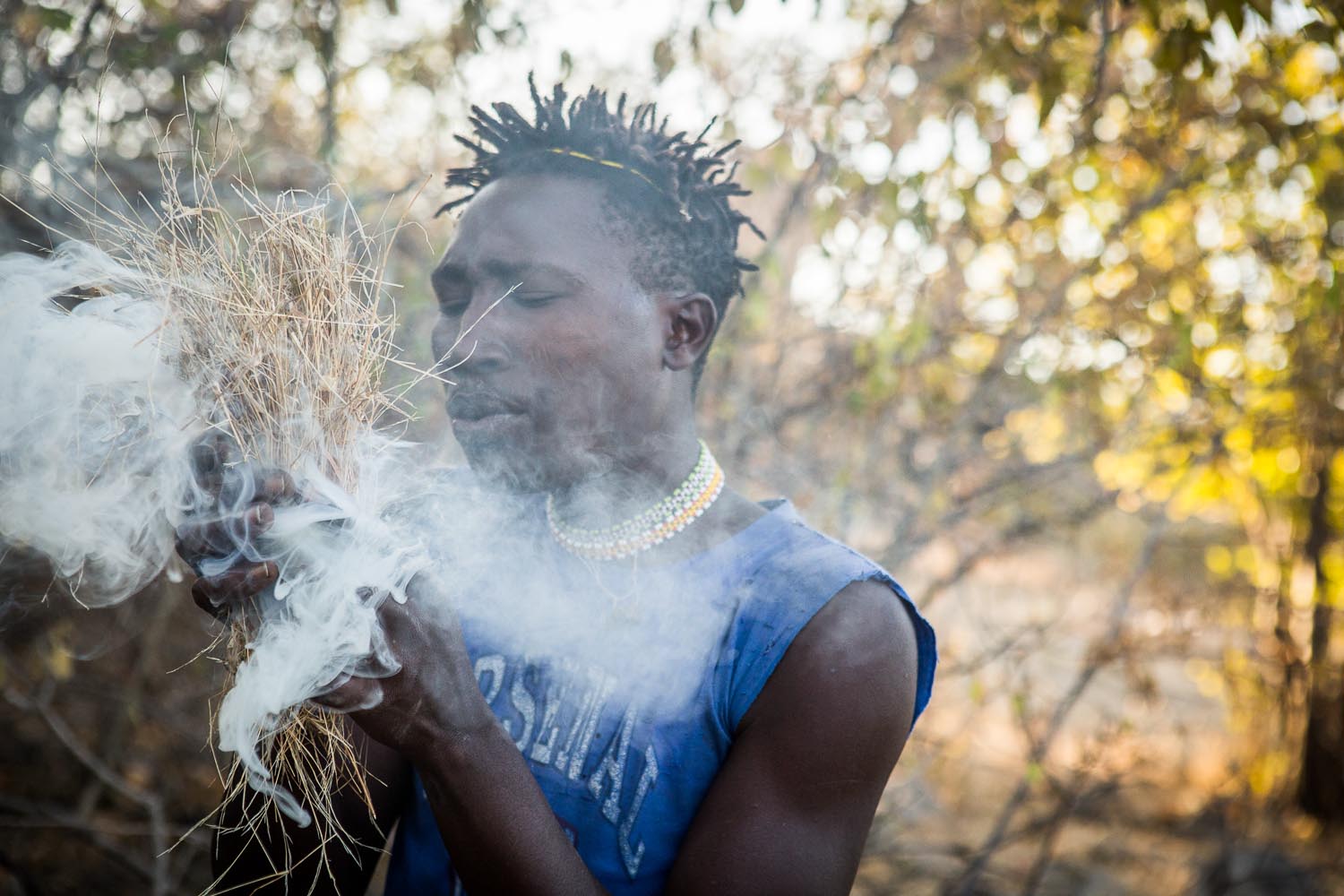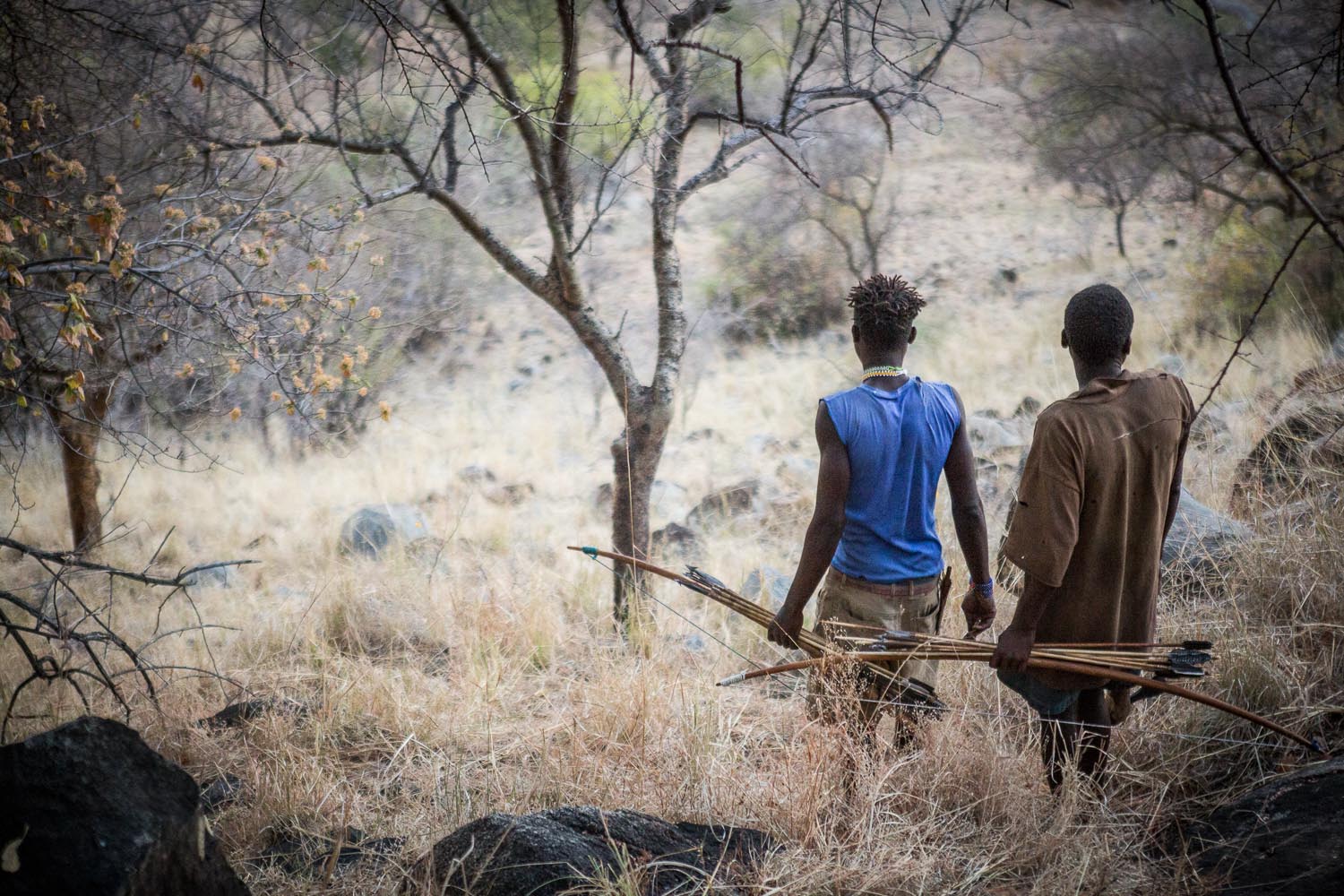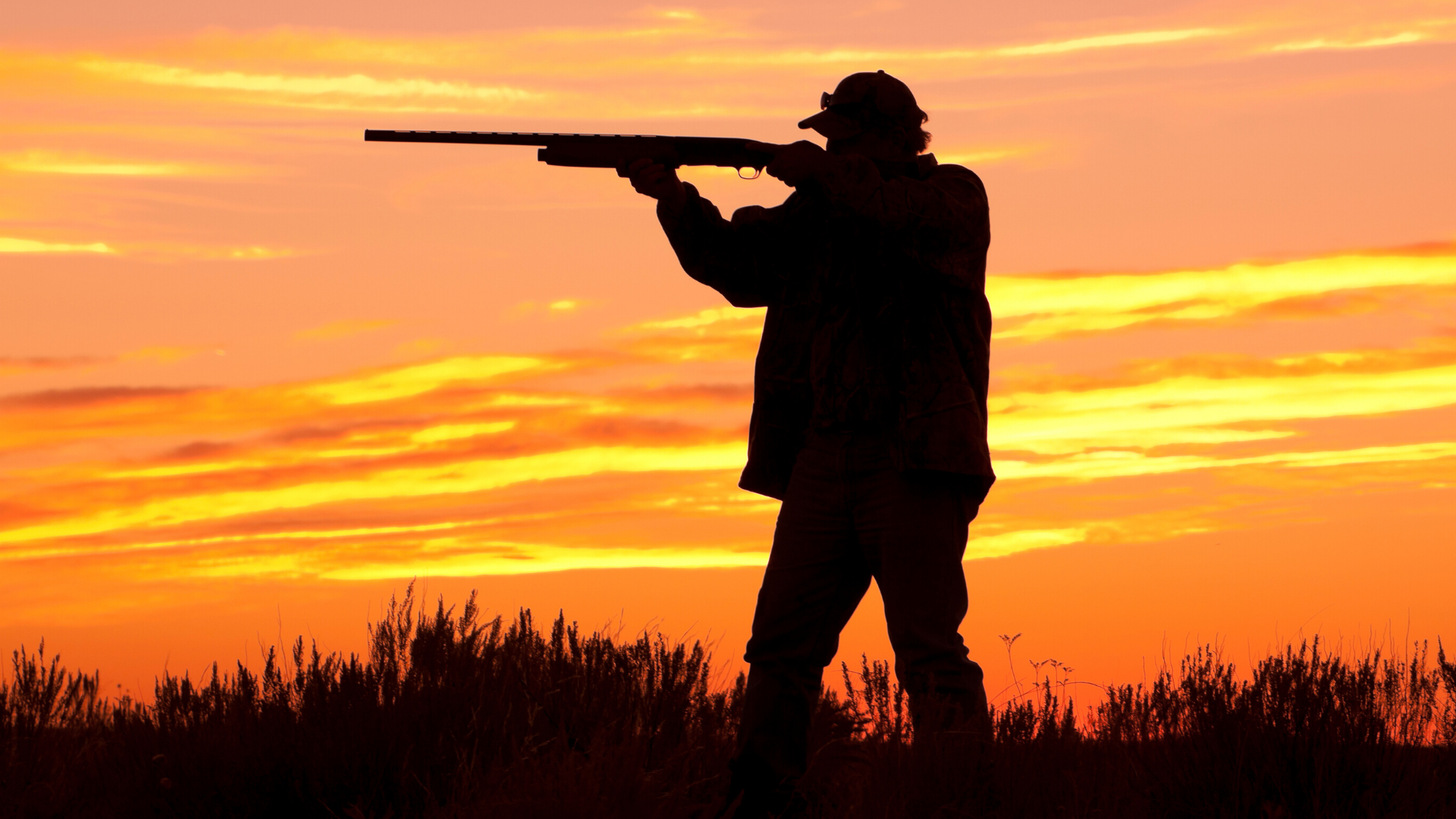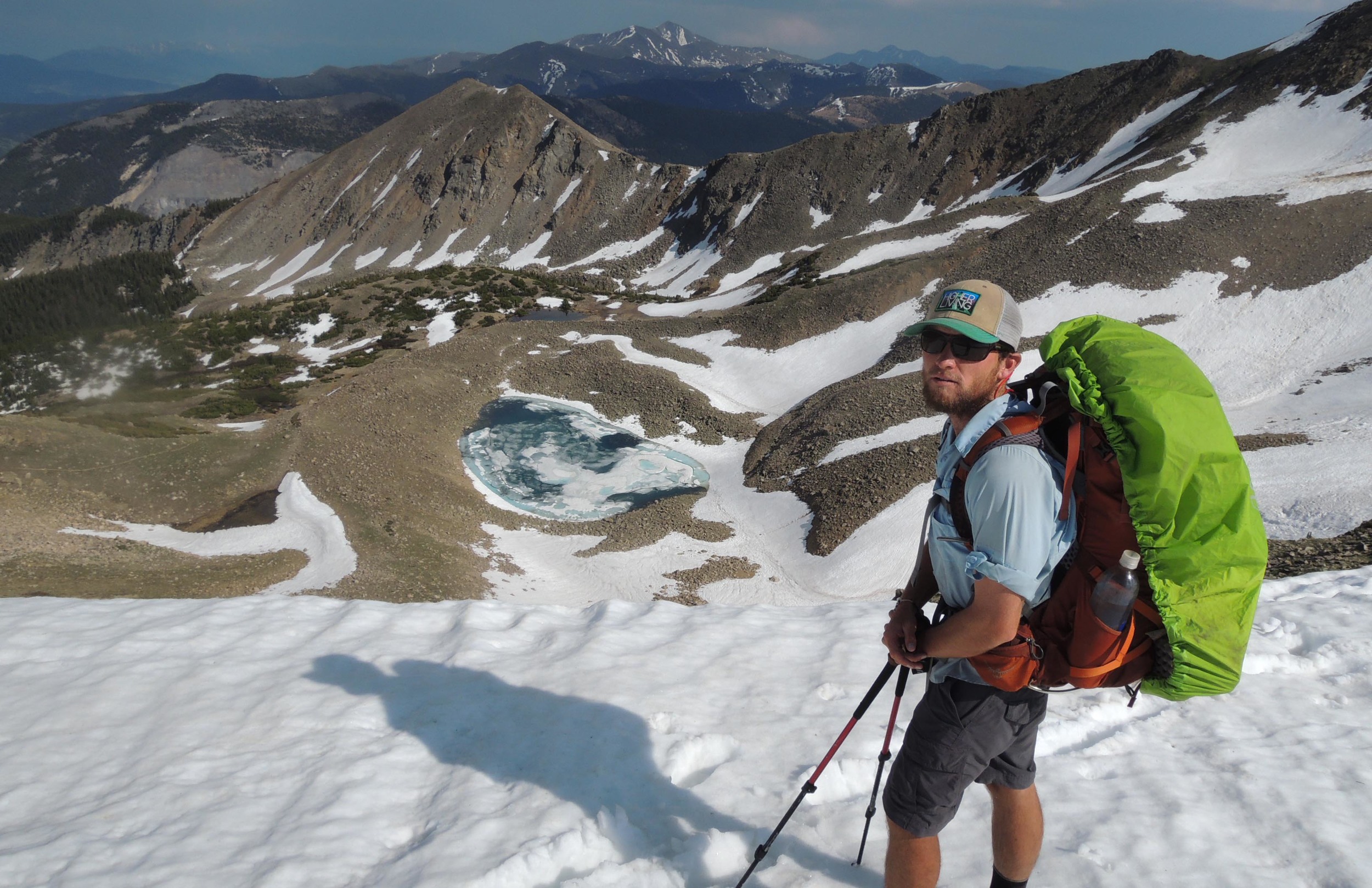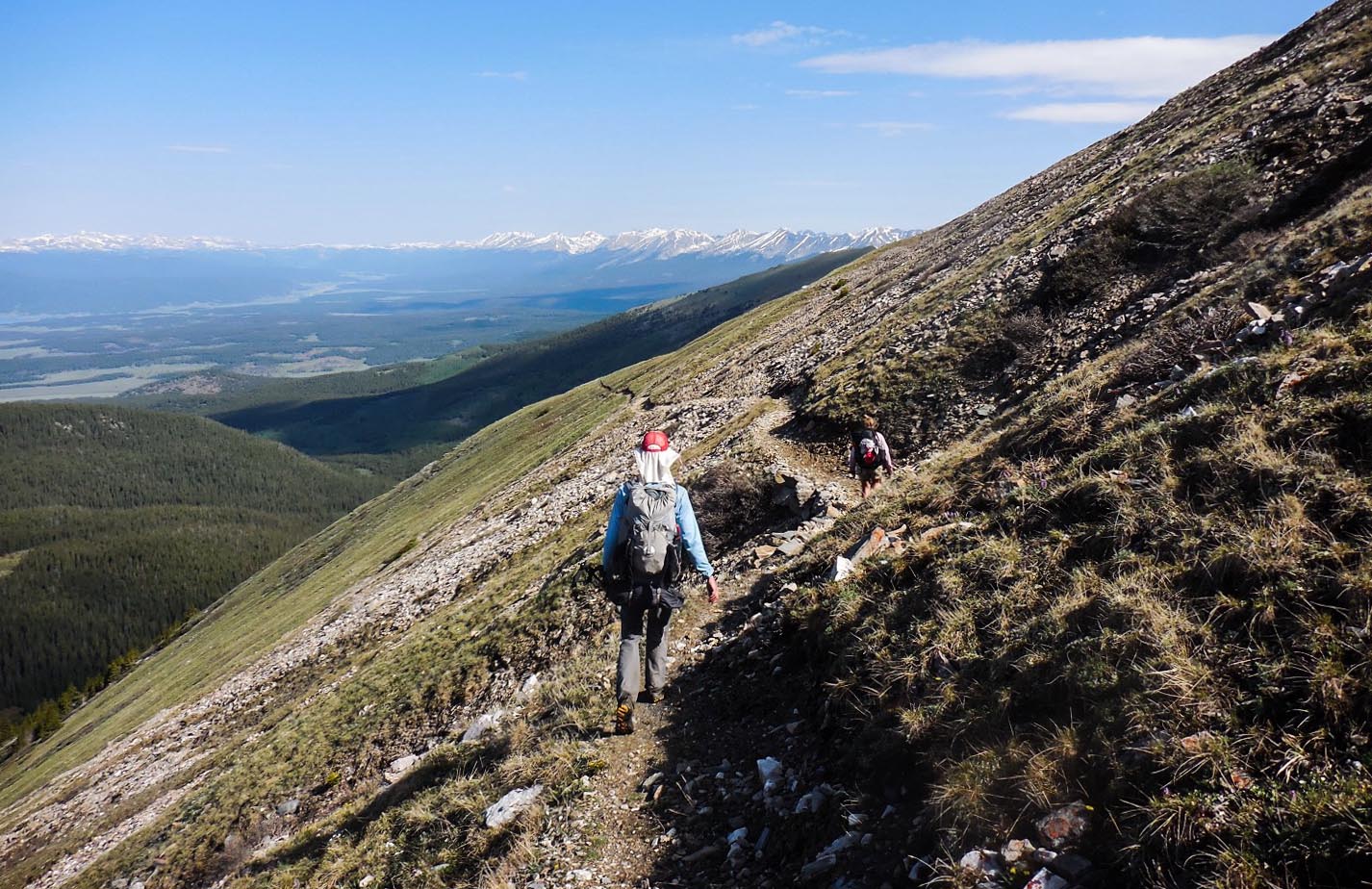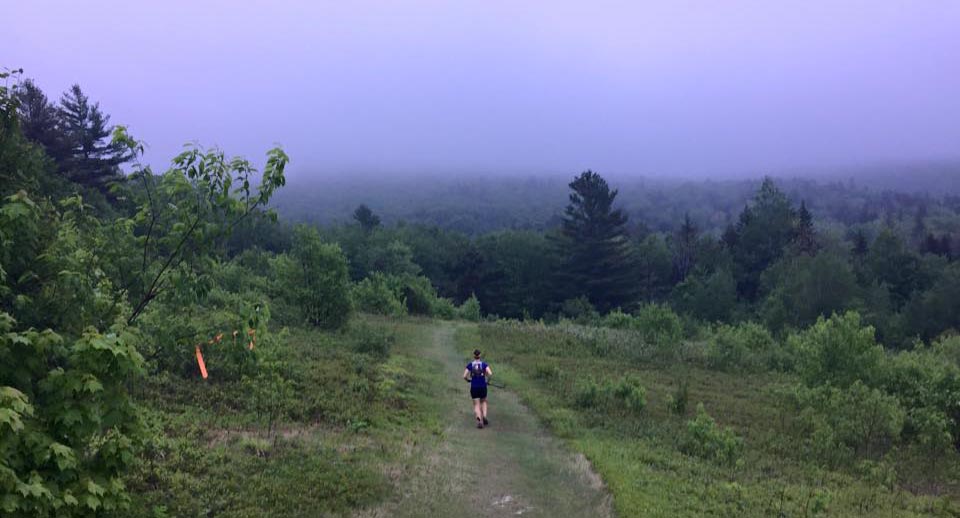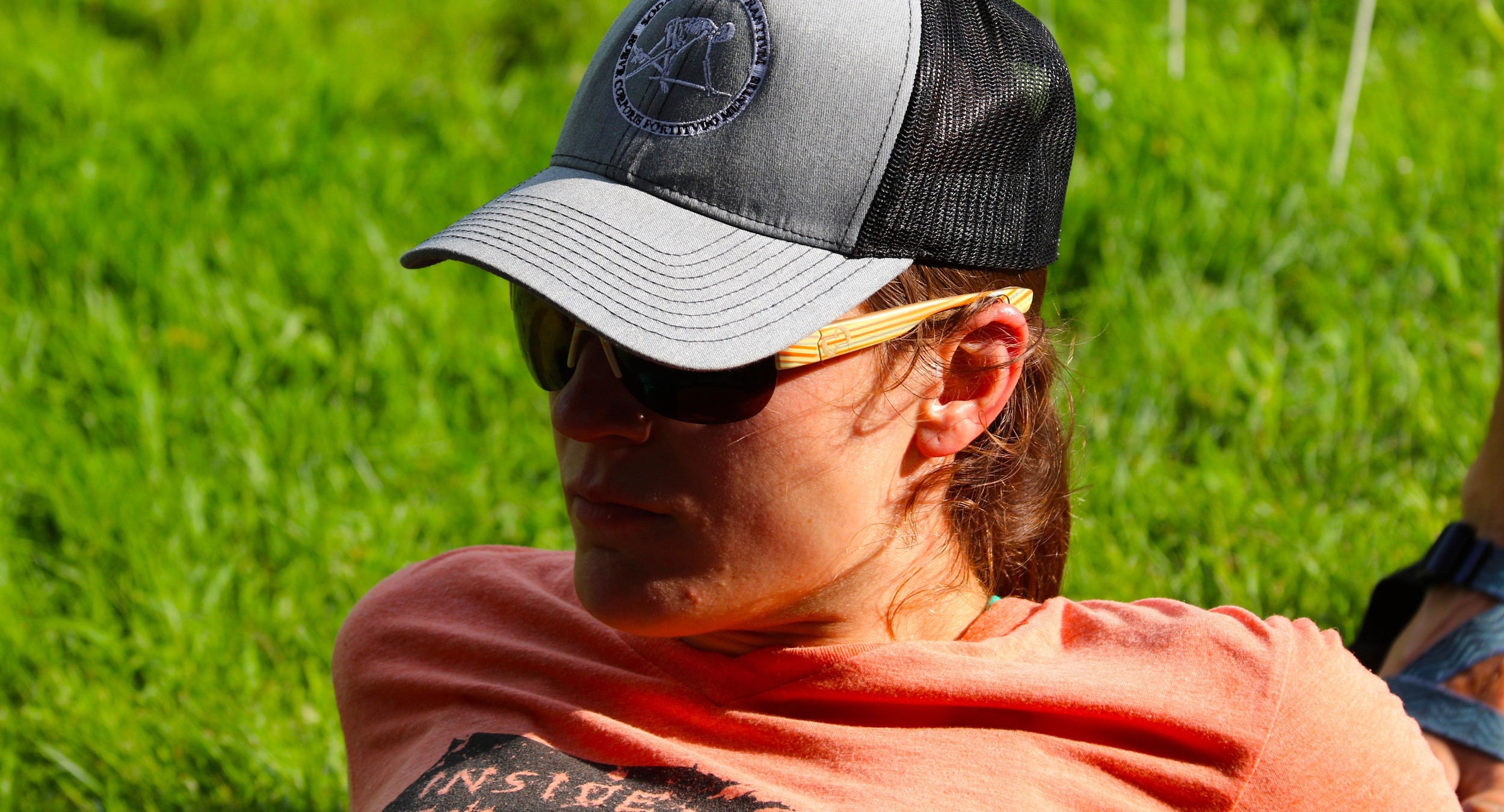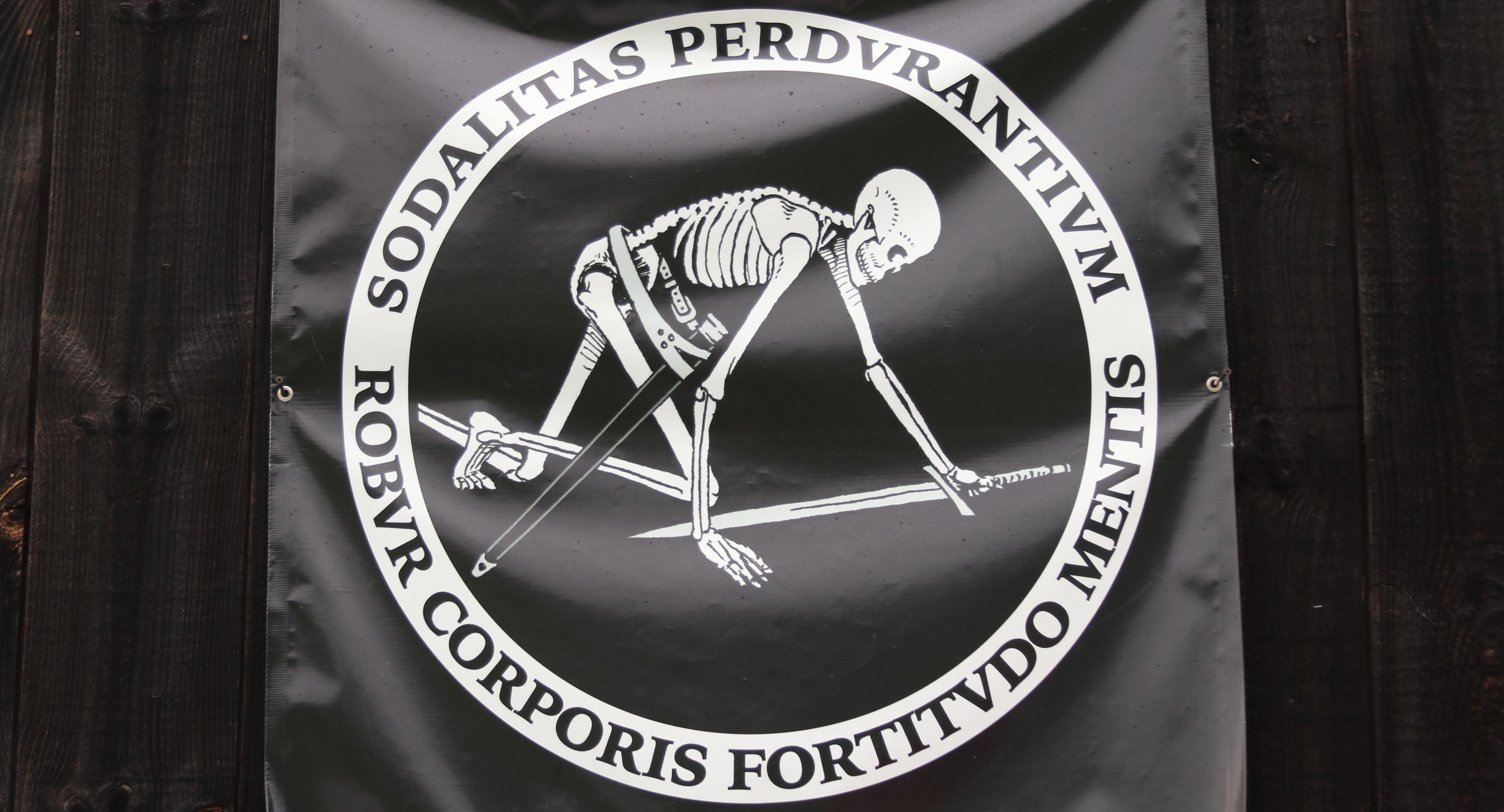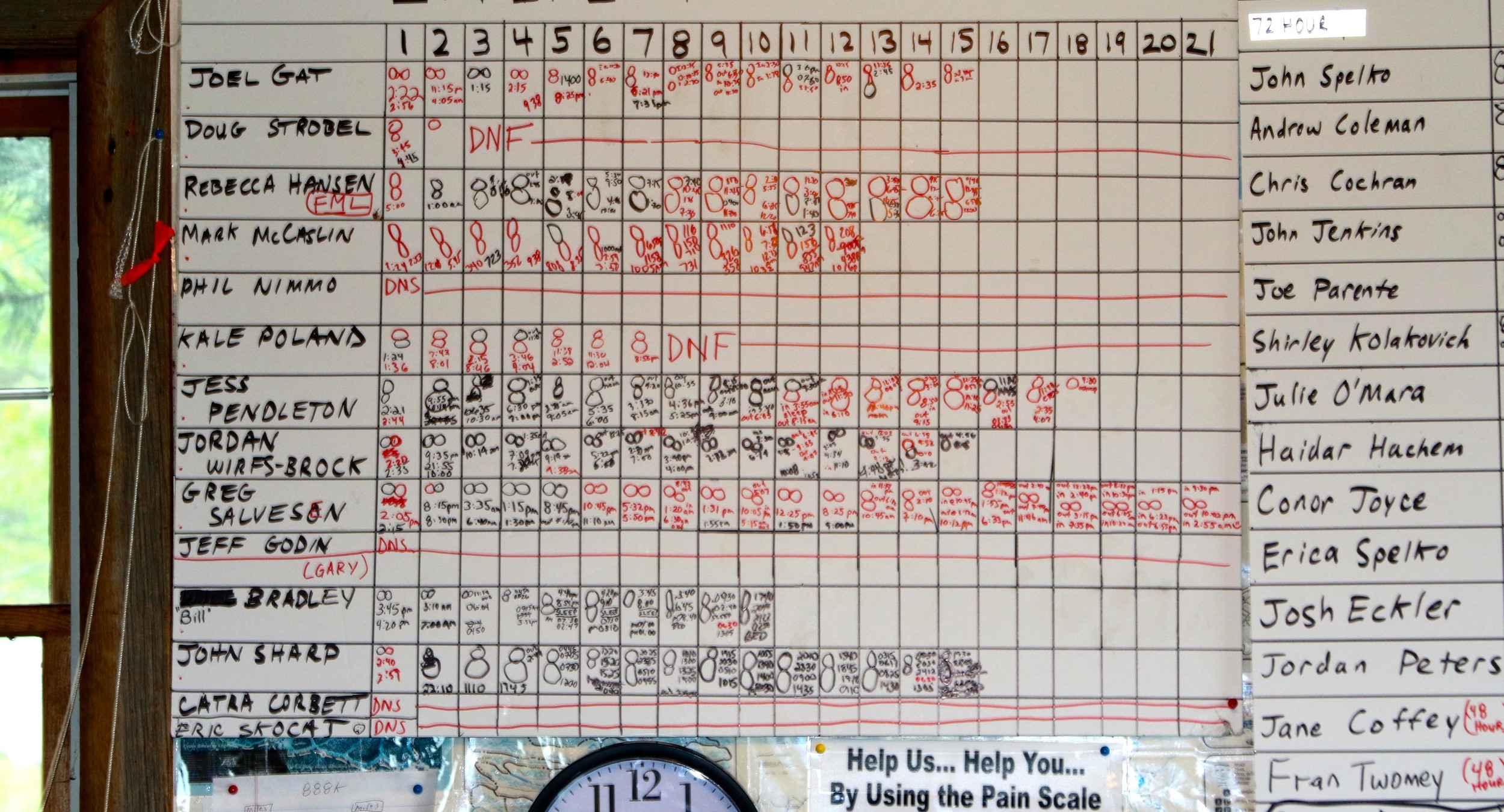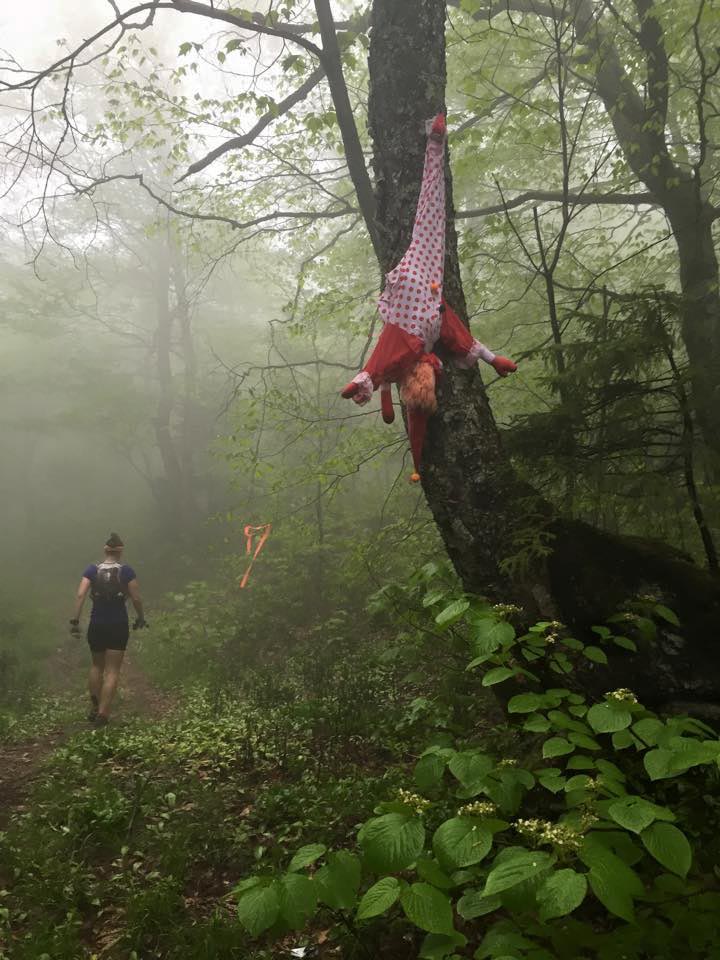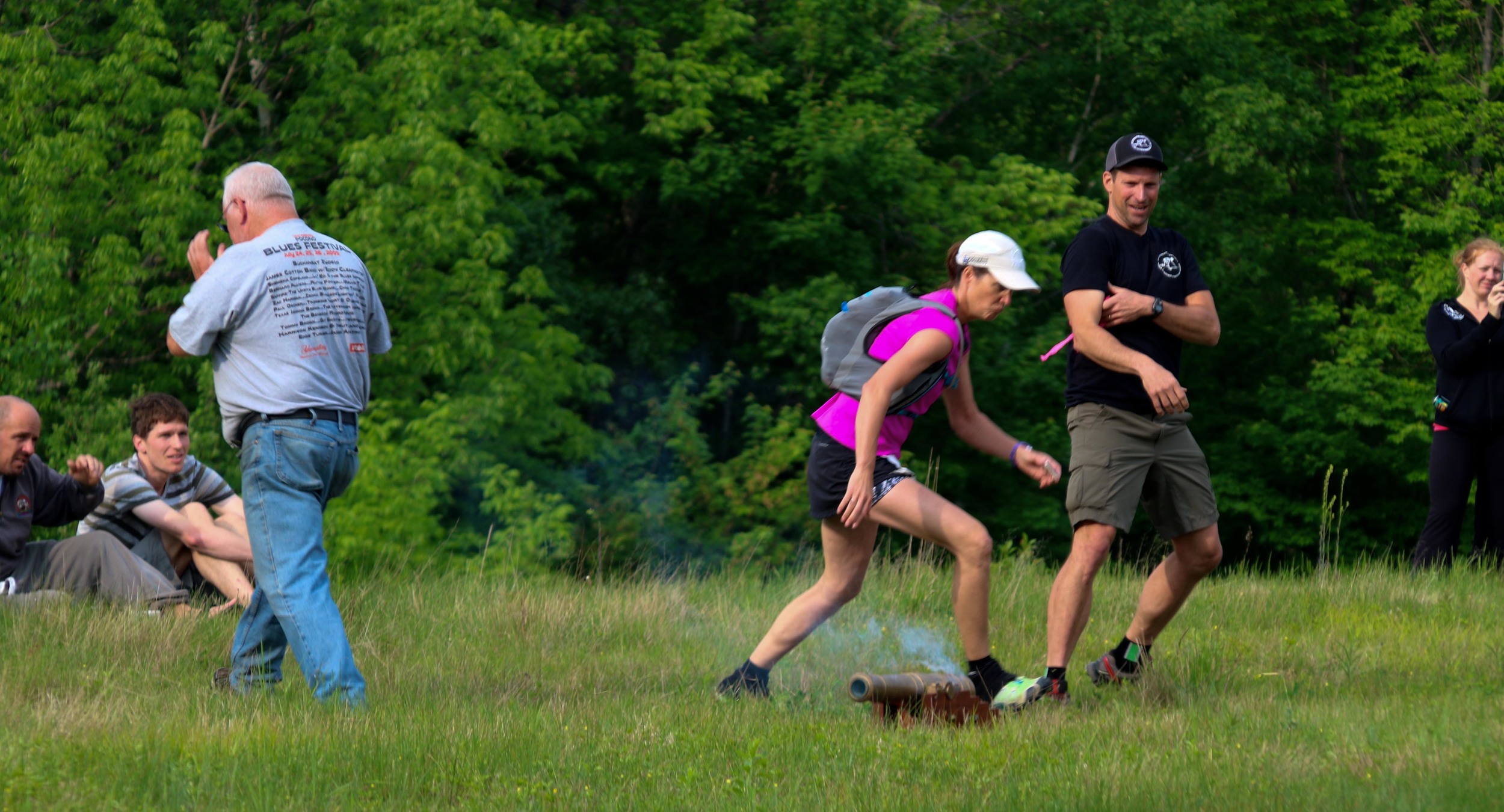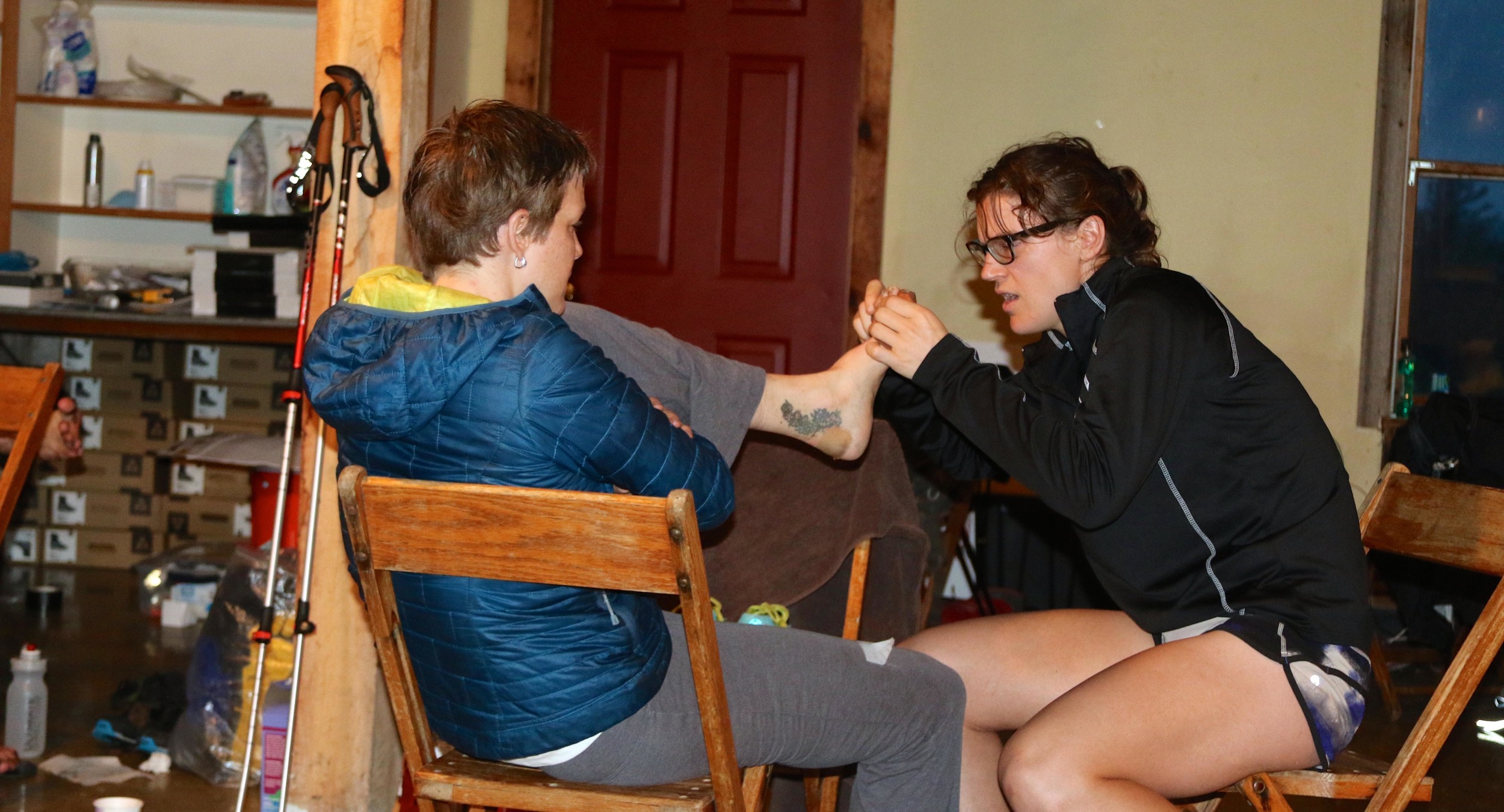This Concrete Life
/Accessing nature where nature isn't meant to be accessed
Two friends set out one March morning with an inflatable raft, a camouflage tent ... and a ridiculous idea. They plan to paddle the Bronx River, all the way from Valhalla to New York City. It's the kind of trip that no one even talks about attempting.
On this episode, in honor of Earth Day, we share their story. It's a story about the trials and tribulations of exploring forgotten bits of wilderness: the places where nature and civilization meet. Places where people are not meant to go. It's also an intimate socio-environmental portrait of a waterway -- a reminder of just how much our surroundings can show us about ourselves.
Pace University Professor Brice Particelli brings us the story.
“We’ve built a fantasy where we live one life, in town, while we try to preserve a separate, managed, pristine wilderness. ... To do so preserves ‘wilderness’ for the wealthy. ”
A version of this story first appeared in The Big Roundtable. Aaron Leeder wrote the music.


